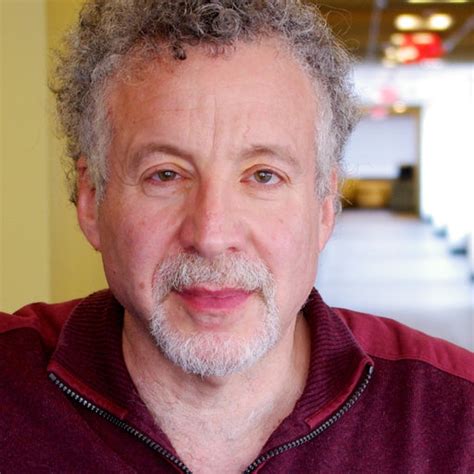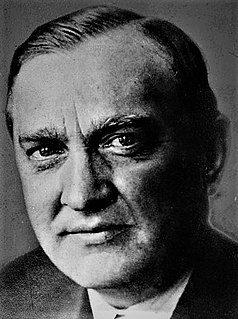A Quote by Tony Rothman
Analogies and metaphors have often proved pivotal in expanding our thoughts both within and without science, and so one should not discourage the attempt to synthesize apparent opposites. However, citizens of the New Age often forget that, when they involve science, analogies should be tempered by experiment and calculation.
Related Quotes
We often say that our science is objective and accurate, but we don't often say that our science is incomplete - that although the established parts of natural science are very well tested and the evidence makes a compelling case for things being as they've been described, there nevertheless are open questions that we cannot answer.
Discerning the merits of competing claims is where the empirical basis of science should play a role. I cannot stress often enough that what science is all about is not proving things to be true but proving them to be false. What fails the test of empirical reality, as determined by observation and experiment, gets thrown out like yesterday's newspaper.
I think evolution should be taught as an accepted principle. I say that also as the daughter of a school teacher, a science teacher, who has instilled in me a respect for science. I think it should be taught in our schools. I won't ever deny that I see the hand of God in this beautiful creation that is earth. But - that is not a part of state policy or a local curriculum in a school district. Science should be taught in science class.
So far I have been speaking of theoretical science, which is an attempt to understand the world. Practical science, which is an attempt to change the world, has been important from the first, and has continually increased in importance, until it has almost ousted theoretical science from men's thoughts.
It once seemed that the most profound feats stemming from DNA-based science would spring from our ability to read and detect genes, which we call the science of genomics. But the real opportunities lie in our ability to write DNA, to synthesize new gene sequences and insert them into organisms, resulting in brand-new biological functions.
A proclivity for science is embedded deeply within us, in all times, places, and cultures. It has been the means for our survival. It is our birthright. When, through indifference, inattention, incompetence, or fear of skepticism, we discourage children from science, we are disenfranchisin g them, taking from them the tools needed to manage their future.
































